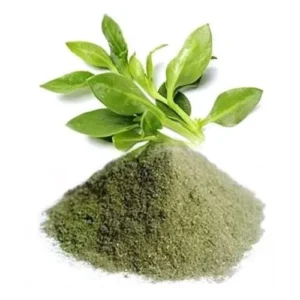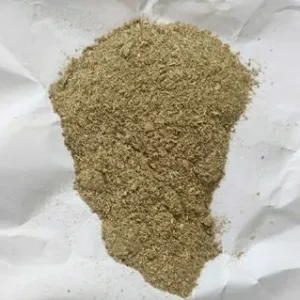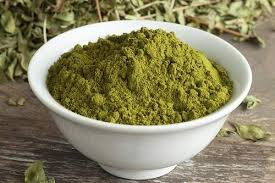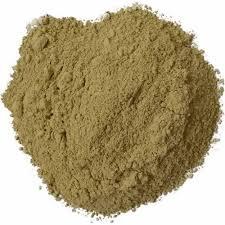Description
Common Names:
- Tulsi
- Holy Basil
- Sacred Basil
- Tulasi (in some Indian languages)
Forms:
- Powdered Leaves: Ground dried leaves used in supplements and formulations.
- Extracts: Concentrated forms used in medicinal products.
- Tea: Infused from dried or fresh leaves.
Origin:
- Native Region: Native to the Indian subcontinent and parts of Southeast Asia.
- Cultivation: Grown in tropical and subtropical regions around the world.
Nutritional and Chemical Composition:
- Active Compounds: Contains various bioactive compounds including eugenol, ursolic acid, and flavonoids, which contribute to its health benefits.
Health Benefits:
- Adaptogenic Properties: Helps the body adapt to stress and promotes overall well-being.
- Immune Support: Boosts the immune system and enhances the body’s ability to fight infections.
- Anti-inflammatory Effects: Contains compounds with anti-inflammatory properties that can help manage inflammation and related conditions.
- Antioxidant Properties: Rich in antioxidants that help protect cells from oxidative stress and support overall health.
- Respiratory Health: Supports respiratory health and may help in managing conditions such as asthma and bronchitis.
- Digestive Health: Aids in digestion and can help alleviate gastrointestinal issues such as bloating and indigestion.
Uses:
- Traditional Medicine: Widely used in Ayurvedic medicine and other traditional systems of medicine for its adaptogenic, immune-boosting, and health-supporting properties.
- Dietary Supplements: Available in powdered form, often used in capsules, tablets, or mixed with other herbs in supplements.
- Herbal Remedies: Incorporated into teas, tinctures, and topical products for its therapeutic benefits.







